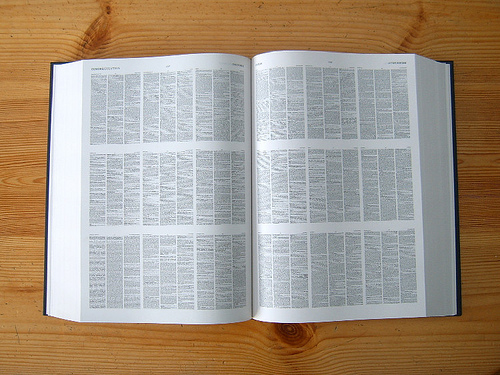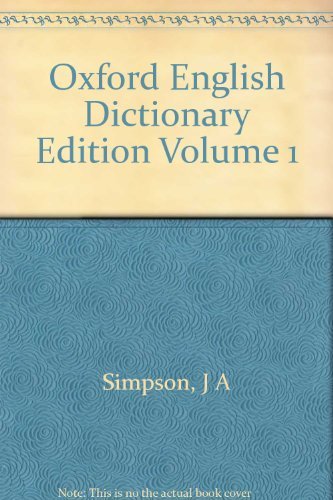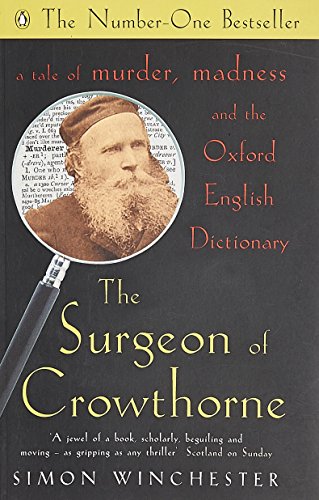

But one of the OED's promoters, Frederick Furnivall, was as welcoming to dialects and tribal neologisms as the Statue of Liberty in her summons to the huddled masses: "Fling our doors wide! All, all, not one, but all, must enter."ĭon't be surprised that this sounds like the immigration policy of Gordon Brown's government. Should a language be the voice of a nation, strictly policing intrusions? Bernard Shaw advocated a "Pure English", which admitted exotic coinages only if their spelling was anglicised: timbre had to be naturalised as tamber. Ogilvie's book – once you get past its tiresome academic apparatus of bar graphs and pie charts – is about the paradox of an insular idiom that, thanks to Britain's empire and to the economic might of monoglot Americans, has spread around the world. Though all theoretically English, these global words are played by instruments that include the bagpipes, the Welsh harp, African drums, Arab flutes and the didgeridoo. Sarah Ogilvie's "words of the world" erupt in a din like that of world music. But the language they deal with prattles and jabbers in a variety of cosmopolitan accents and pidgin tongues. In an open-plan office that counts as a sterile environment, colleagues with adjoining desks are forbidden even to whisper and must email each other to communicate a soundproof glass booth is set aside for those who must resort to speech.

Copyright 1998 Reed Business Information, Inc.T he lexicographic nerds who compile the OED are sworn to a vow of silence. With his cheeky way with a tale ('It is a brave and foolhardy and desperate man who will perform an autopeotomy' he writes of Minor's self-mutilation), Winchester celebrates a gloomy life brightened by devotion to a quietly noble, nearly anonymous task. Winchester fills out the story with a well-researched mini-history of the OED, a wonderful demonstration of the lexicography of the word 'art' and a sympathetic account of Victorian attitudes toward insanity.

Murray, who, as Winchester shows, understood that Minor's endless scavenging for the first or best uses of words became his saving raison d'etre, and looked out for the increasingly frail man's well-being. Here on more solid ground, Winchester enthusiastically chronicles Minor's subsequent correspondence with editor Dr. Pronounced insane and confined at Broadmoor with his collection of rare books, Minor happened upon a call for OED volunteers in the early 1880s. Sketching Minor's childhood as a missionary's son and his travails as a young field surgeon, Winchester speculates on what may have triggered the prodigious paranoia that led Minor to seek respite in England in 1871 and, once there, to kill an innocent man. Vanity Fair contributor Winchester (River at the Center of the World) has told his story in an imaginative if somewhat superficial work of historical journalism. Minor?all from a cell at the Broadmoor Criminal Lunatic Asylum. Tens of thousands of those used in the first edition came from the erudite, moneyed American Civil War veteran Dr. The Oxford English Dictionary used 1,827,306 quotations to help define its 414,825 words. Minor, whose story is one of dangerous madness, ineluctable sadness, and ultimate redemption." 8vo, 260 pages 6. We visit the ugly corrugated iron structure that Murray grandly dubbed the Scriptorium-the Scrippy or the Shed, as locals called it-and meet some of the legion of volunteers, from Fitzedward Hall, a bitter hermit obsessively devoted to the OED, to W. Winchester lovingly describes the nuts-and-bolts of dictionary making-how unexpectedly tricky the dictionary entry for marzipan was, or how fraternity turned out so much longer and monkey so much more ancient than anticipated-and how bondmaid was left out completely, its slips found lurking under a pile of books long after the B-volume had gone to press.

In this fast-paced narrative, the reader will discover lively portraits of such key figures as the brilliant but tubercular first editor Herbert Coleridge (grandson of the poet), the colorful, boisterous Frederick Furnivall (who left the project in a shambles), and James Augustus Henry Murray, who spent a half-century bringing the project to fruition. He then turns his unmatched talent for story-telling to the making of this most venerable of dictionaries. A Fine first printing of the first edition in alike dust-wrapper From the dust jacket, "Writing with marvelous brio, Winchester first serves up a lightning history of the English language-"so vast, so sprawling, so wonderfully unwieldy"-and pays homage to the great dictionary makers, from "the irredeemably famous" Samuel Johnson to the "short, pale, smug and boastful" schoolmaster from New Hartford, Noah Webster.


 0 kommentar(er)
0 kommentar(er)
